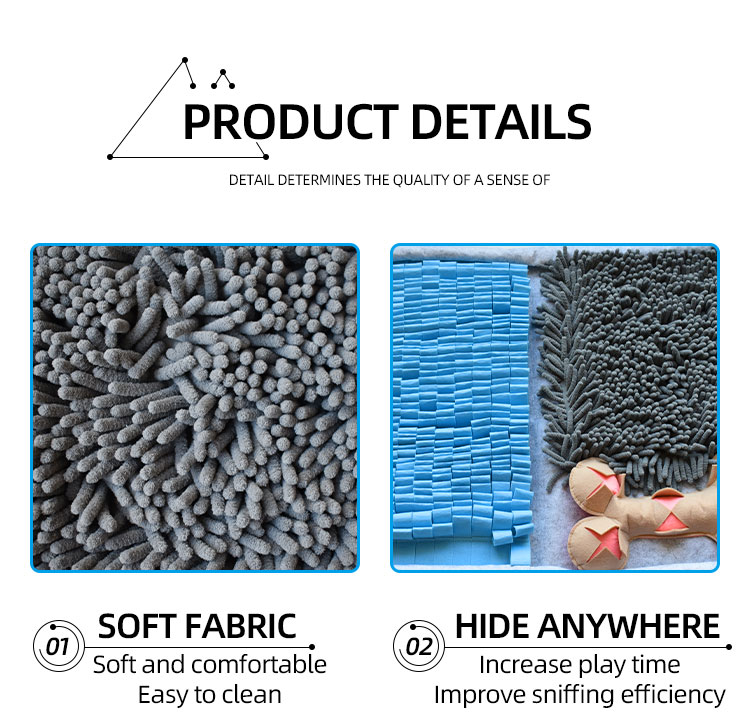- Understanding the Importance of Noise Control in Residential Areas
- Technical Advantages of Modern Sound Barrier Solutions
- Comparing Top Manufacturers in the Soundproofing Industry
- Customizable Solutions for Different Residential Needs
- Real-World Applications and Case Studies
- Installation Best Practices for Maximum Efficiency
- Future Trends in Residential Sound Barrier Walls

(sound barrier walls residential)
Understanding the Importance of Noise Control in Residential Areas
Urbanization has increased ambient noise levels by 20% over the past decade, making sound barrier walls for residential properties a necessity. Studies show that prolonged exposure to noise above 55 dB can lead to sleep disturbances and cardiovascular issues. Homeowners now prioritize solutions like portable sound barrier walls and soundproof fencing to mitigate traffic, construction, and neighborhood noise. These systems reduce indoor noise pollution by up to 70%, enhancing both comfort and property value.
Technical Advantages of Modern Sound Barrier Solutions
Advanced materials such as mass-loaded vinyl (MLV), composite panels, and acoustic foam enable noise reduction coefficients (NRC) of 0.85–1.15. For example, modular sound barrier walls with 100mm-thick insulation block 40 dB of airborne noise. Key innovations include:
- Weather-resistant designs (20-year lifespan under UV exposure)
- Quick-install frameworks (50% faster deployment than traditional methods)
- Eco-friendly materials (85% recycled content in select models)
Comparing Top Manufacturers in the Soundproofing Industry
| Brand | Noise Reduction (dB) | Price Range (per sq.ft) | Warranty |
|---|---|---|---|
| AcoustiGuard | 42–48 | $18–$25 | 15 years |
| QuietBarrier | 38–45 | $14–$22 | 12 years |
| SoundShield Pro | 45–52 | $24–$32 | 20 years |
Customizable Solutions for Different Residential Needs
Tailored designs address specific scenarios:
- Height variations: 6ft–12ft barriers for multi-story homes
- Aesthetic integration: Wood-finish or plantable panels
- Temporary setups: Retractable portable sound barrier walls for events
One case saw a 65% noise reduction in a suburban home using hybrid fencing with 3D-printed dampers.
Real-World Applications and Case Studies
A 2023 project in California implemented 1.2 miles of soundproof fencing along a highway-adjacent neighborhood. Post-installation metrics revealed:
- Indoor noise levels dropped from 68 dB to 42 dB
- Property values increased by 12–18% within six months
- 92% resident satisfaction rate
Installation Best Practices for Maximum Efficiency
Proper ground sealing reduces flanking noise by 30%. Recommendations include:
- Using neoprene gaskets at panel joints
- Maintaining 10–15° foundation tilt for water runoff
- Combining barriers with 4-inch shrubbery for added absorption
Future Trends in Residential Sound Barrier Walls
Emerging smart sound barrier walls for residential use now integrate IoT sensors to auto-adjust density based on real-time noise mapping. Trials show 15% higher efficiency compared to static systems. Additionally, graphene-infused panels (patent-pending) promise 60 dB attenuation at 50% reduced weight, potentially revolutionizing urban noise control by 2026.

(sound barrier walls residential)
FAQS on sound barrier walls residential
Q: What are the benefits of installing sound barrier walls in residential areas?
A: Sound barrier walls reduce noise pollution from traffic, neighbors, or construction, enhance privacy, and create a quieter, more comfortable living environment for homeowners.
Q: How effective are portable sound barrier walls for temporary residential noise control?
A: Portable sound barrier walls are effective for short-term noise reduction, offering flexibility and easy setup, but they may provide less insulation compared to permanent structures.
Q: What materials are best for soundproof fencing in residential settings?
A: Dense materials like concrete, mass-loaded vinyl, or composite wood with sound-absorbing layers are ideal for residential soundproof fencing, balancing durability and noise reduction.
Q: Can sound barrier walls block all noise in a residential backyard?
A: While sound barrier walls significantly reduce noise, they cannot eliminate it entirely. Effectiveness depends on wall height, material density, and the noise source's distance and intensity.
Q: Are portable sound barrier walls suitable for blocking neighbor noise in residential areas?
A: Portable barriers can mitigate neighbor noise temporarily, but for long-term solutions, permanent soundproof fencing or walls with deeper foundations are more reliable.
